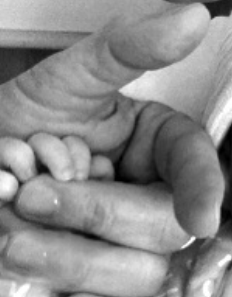

Neuroscience has radically changed our understanding of how we learn and how to teach more effectively. We now know that the feeling of safety is key to opening the portal of learning for young and old. We also know the probable cost of chronic stress during early childhood on the physiology, emotions, and brain development that can block an individual’s capacity, resilience, and true potential to grow, learn, and lead a fulfilled life.
A little stress is motivating, but chronic stress during pregnancy and early childhood shapes unconscious, automatic adaptive responses that others often misinterpret as intentional and personal. In reality, they are likely to be neurological with little conscious control and are protective. They often mask sensory overload, fear, low self-confidence, anger, shame, and a desire to escape.
At Wecanlearn2learn.com, we combine brain science, attachment support, and the Polyvagal – ease body language to collaborative with young children, families, caregivers, as well as adults to develop awareness and regulate distracting discomfort in their body and mind. Our unique mind-body approach to learning promotes safety, resilience, and access to untapped potential within individuals.
Sometimes adversity occurs during early infancy, in utero, and during delivery, as in medically induced births. Young infants need to be held and cooed, experience skin-to-skin more than hospital medical staff in NICU have time for. We provide in-hospital infant care in Neonatal Intensive Care Unit stays.
Remember undetected and unresolved trauma stays in the body and may be experienced through life. But there is hope for repair, resilience, and renewal due to the brain’s neuro-plasticity, the ability to change with the experience.
What are the outcomes?
Many learning delays and diagnoses have in common inattention, sensory processing , language delays, and limited memory. What if the following symptoms are protective neurological responses that can be addressed with our multi-sensory and attuned programs at Wecanlearn2learn.com?